Welcome, dreamers, doers, and digital enthusiasts! Are you ready to unleash your creativity and make a name for yourself in the online world?
A content creator’s main purpose is to produce engaging and valuable content for a target audience.
But what kind of content? What do content creators actually do? How do content creators make money?
Because let’s be real – it takes more than just creating great content to succeed in this competitive field.
This guide is designed to demystify the role of a content creator, breaking down the concept into digestible morsels and providing actionable steps to climb the ladder of content creation success.
We’ll delve into the nuts and bolts of content creation, unraveling its many layers, and revealing the secrets to creating content that not only captivates but converts.
Whether you want to explore this creative outlet for personal reasons, start a side hustle, or you want to build an entire online business as a content creator, you’ve come to the right place.
What is a Content Creator?
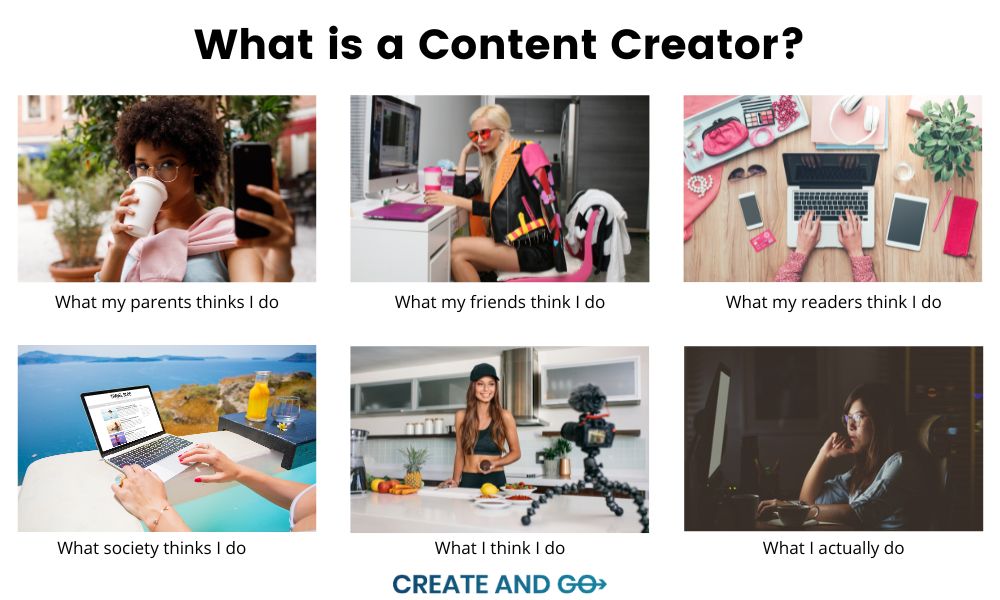
A content creator is someone who brings ideas to life through various forms of media, whether it’s writing, photography, videography, podcasting, etc.
But truthfully, being a content creator can mean a lot of different things to different people.
As a content creator, you can be:
- an influencer on Instagram or TikTok,
- a YouTuber,
- a podcaster,
- a blogger,
- an eBook writer,
- an online coach,
- a course creator,
- and so much more.
In fact, many use the term “content creator” synonymously with blogger, podcaster, YouTuber, influencer, entrepreneur, etc.
In short, a content creator is someone who creates content, regardless of the format.
Content creators also create content for a variety of purposes. For some, it’s a creative sandbox, a place to let their ideas run wild and free.
For others, it’s an alternative career to the traditional 9-5, a full-fledged business that combines passion with profit.
Whether you’re penning your thoughts for the sheer love of expression or in the game to make a name (and some cash, of course), content creation can be your stage.
What Do Content Creators Do?
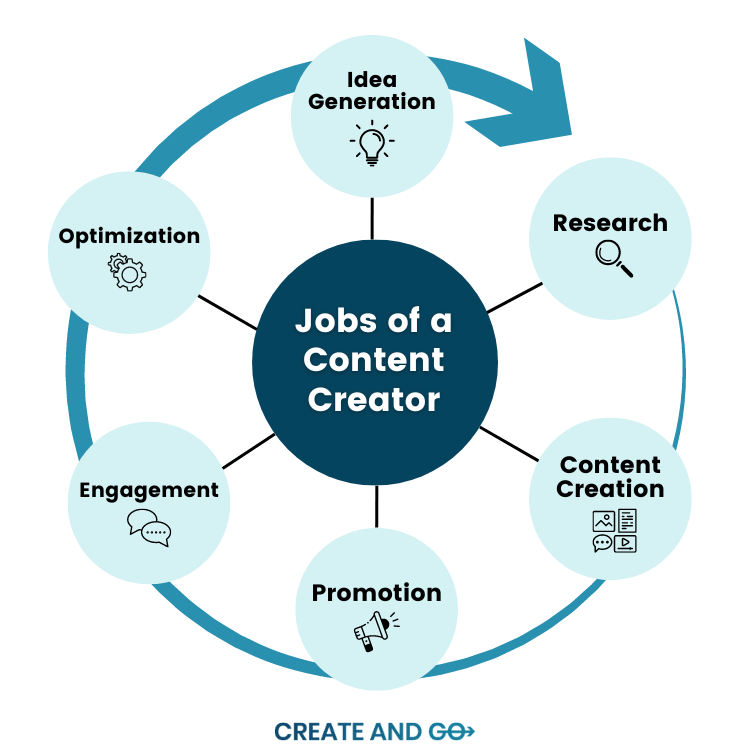
The day-to-day activities of a content creator can vary significantly, depending on the type of content they create and the platform(s) they use.
But here are some common tasks that most content creators engage in:
- Ideation: Constantly coming up with new ideas for content to keep their audience engaged and attract new followers.
- Research: Gathering information on topics they want to cover, ensuring their content is accurate and valuable.
- Content Creation: Writing blog posts, recording videos or podcasts, taking photos, etc.
- Promotion: Sharing their content on various platforms and engaging with their audience to increase reach and visibility.
- Engagement: Responding to comments, messages, and questions from followers.
- Optimization: Tweaking their content and strategies to improve performance and reach their goals.
How Do Content Creators Make Money?
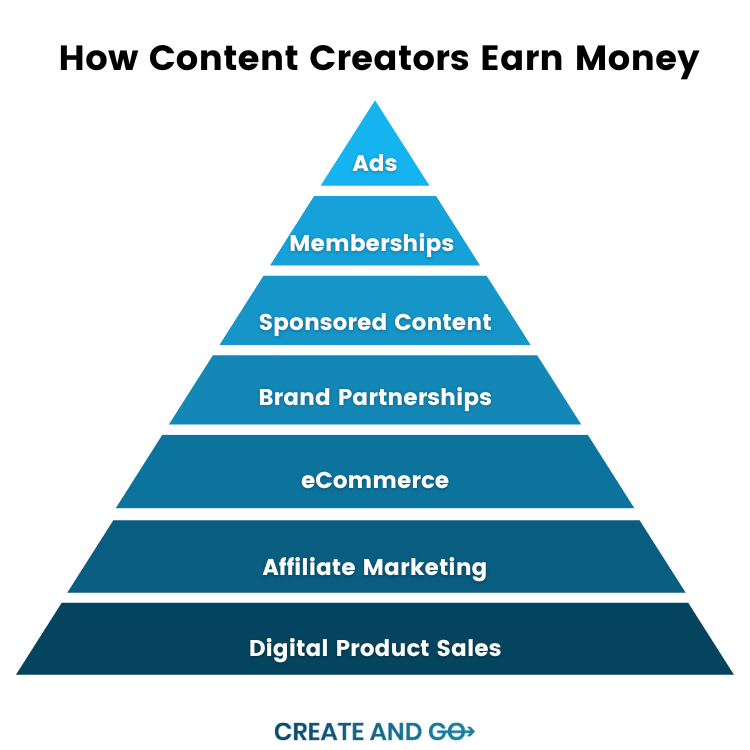
There are many ways content creators can monetize their work, depending on their niche, audience, and platform. Some common methods include:
- Ads: Partnering with ad networks to display ads on their content like you see on YouTube videos and in blog content.
- Sponsored content: Collaborating with brands to promote their products or services in exchange for payment.
- Affiliate marketing: Earning a commission for promoting and selling someone else’s products or services.
- Digital product sales: Creating and selling eBooks, courses, coaching sessions, and other digital products related to their niche.
- Brand partnerships: Working with brands on long-term collaborations, such as sponsored blog posts or ongoing sponsorships.
- Patreon or memberships: Offering exclusive content and perks to paying subscribers.
- eCommerce: Creating and selling physical products related to their niche.
10 Highly Successful Content Creators: What Can We Learn from Them?
Now that we have a clear understanding of what a content creator is and the various ways they can make money, let’s take a look at some successful content creators for inspiration.
Here are 10 highly successful content creators who have mastered their craft and built thriving businesses around it:
- Matt D’Avella: A YouTuber and filmmaker who creates content on minimalism and self-improvement.
- Amy Porterfield: A successful business coach, podcaster, and course creator who helps entrepreneurs build and scale their online businesses.
- Sunny Lenarduzzi: A YouTuber and online business strategist who shares tips and strategies for growing a successful online brand.
- Gina Horkey: A freelance writer and virtual assistant who now teaches others how to build successful freelance businesses.
- Pat Flynn: A podcaster and entrepreneur who teaches others how to start and grow their online businesses.
- Laura Beverlin: A fashion and lifestyle blogger who has successfully grown her blog and Instagram into a full-time business.
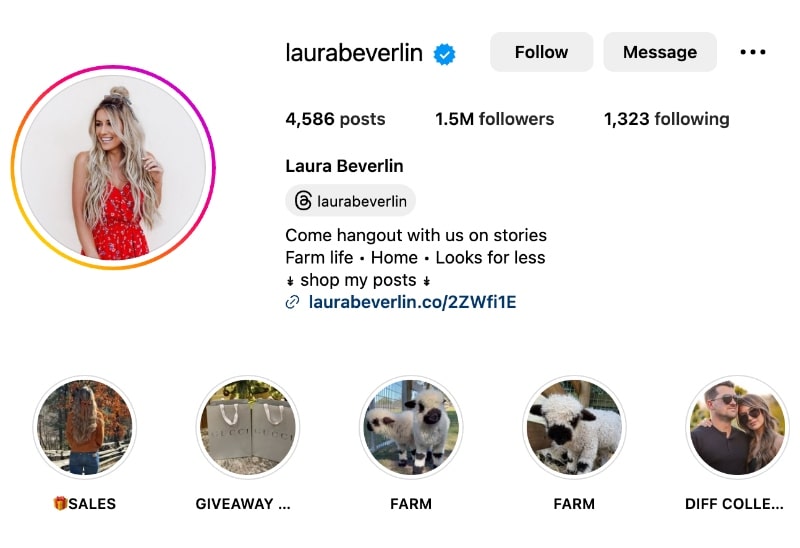
- John Lee Dumas: An entrepreneur, podcaster, and author who helps others create their dream businesses through his podcast and online courses.
- Jenna Kutcher: A photographer and online educator who teaches others how to build a successful brand and business.
- Jasmine Star: A photographer and business strategist who teaches entrepreneurs how to use social media to grow their businesses.
- Melyssa Griffin: A blogger and online educator who teaches others how to create and sell digital products.
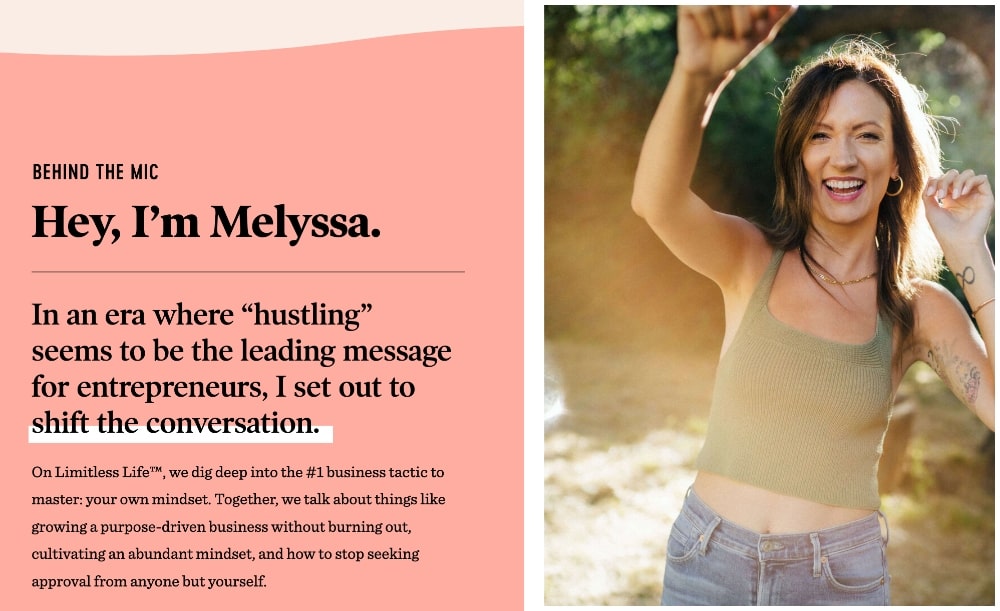
10 Key Steps to Becoming a Successful Content Creator
Now that you have an understanding of what a content creator is, what they do, and how they make money, it’s time to talk about how you can become one too.
Here are 10 key steps to follow for becoming a successful content creator.
1. Find the Right Niche
Finding the right niche is of paramount importance in your journey to becoming a digital content creator.
Your niche is the specific area or topic that you’ll focus your content creation efforts on. It’s the theme that weaves through all your content, the subject you’re known for, and the lens through which you view the world.
The reason why focusing on a specific niche is so crucial is twofold. Firstly, it helps you attract a focused and engaged audience.
When your content revolves around a specific theme, it’s more likely to resonate with a particular group of people who are passionate about that topic.
It allows your audience to know exactly what to expect from you, which builds trust and fosters a strong, engaged community.
Secondly, narrowing down your niche helps you establish yourself as an expert, setting you apart from the competition.
In an oversaturated content market, having a unique focus can make you stand out, attract more followers, and even catch the attention of brands for collaboration opportunities.
To find your niche, start by identifying your passions and areas of interest.
Consider what you love talking about, what you’re knowledgeable in, and what others often come to you for advice about.
Look for intersections between your interests, skills, and market demand – the sweet spot is a niche you love, are good at, and has a sizable audience interested in it.
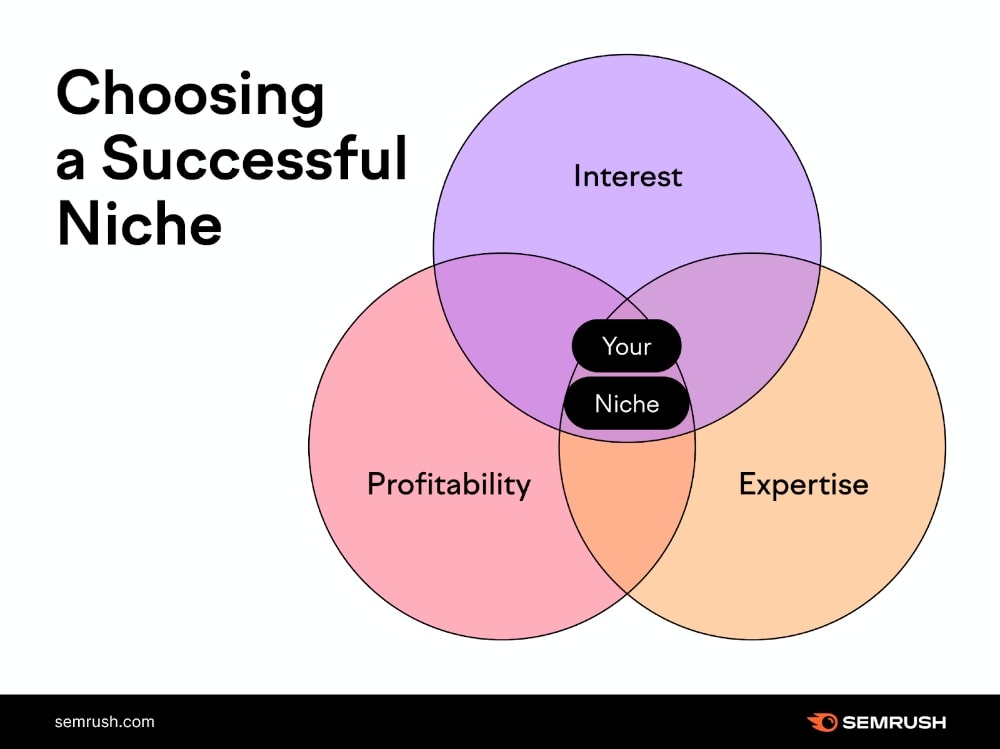
2. Define Your Target Audience
Once you have identified your niche, it’s essential to define your target audience. Knowing who you are creating content for can help shape the tone, style, and topics of your content.
To define your audience, ask yourself the following questions:
- Who is my ideal reader/viewer?
- What are their demographics (age, gender, location)?
- What are their interests and hobbies?
- What problems do they face that I can help solve through my content?
Knowing your audience intimately will not only help you create better content but also assist in attracting the right audience and building a community of engaged fans.
3. Choose Your Platform(s)
As a content creator, you have various platforms to choose from for sharing your content – including blogs, YouTube channels, social media accounts, or even podcasts.
When deciding which platform(s) to use, consider your niche and target audience. For example:
- If you’re a lifestyle blogger, Instagram or TikTok would be great platforms to give some personal insight into your life.
- If you’re a food blogger, YouTube and SEO could be ideal platforms for sharing recipes and tutorials.
- If you’re a travel blogger, Pinterest, SEO, and Instagram are all great options to showcase your travel content.
It’s also worth noting that many digital content creators use multiple platforms to reach a wider audience and diversify their income streams.
4. Create a Content Strategy
A content strategy is a plan that outlines what type of content you’ll create, how and when you’ll create it, and where you’ll share it.
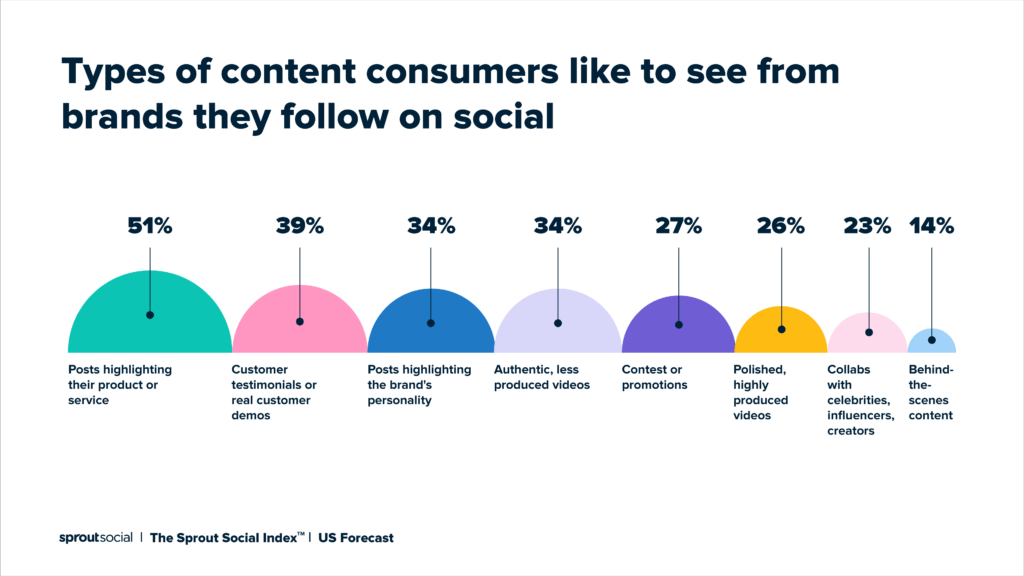
Having a well-defined content strategy can help you stay consistent, keep your audience engaged, and attract new followers.
It also allows you to be strategic about monetizing your content.
The content creation process looks a little different for everyone, but the following elements should be considered when creating your content strategy:
- Content type: Decide what types of content you’d like to create, such as blog posts, videos, podcasts, or social media posts.
- Frequency: Determine how often you’ll post new content – whether it’s daily, weekly, or monthly. Consistency is key in establishing a loyal audience.
- Content topics: Plan out the specific topics you’ll cover, keeping your niche and target audience in mind. You can also plan out seasonal or trending content to stay relevant.
- Promotion strategy: Decide how you’ll promote your content to reach a wider audience. This could include social media marketing, SEO, email marketing, or collaborations with other creators.
5. Focus on Creating Quality Content Consistently
The key to being a successful digital content creator is producing high-quality, engaging content consistently.
Quality content is what keeps your audience coming back for more and helps attract new followers.
Now, the age-old debate of quality vs. quantity often arises when talking about content creation. But the truth is, both are crucial for success.
Quantity and consistent posting is important to grow your social media accounts and climb the ranks in any algorithm, but quality is what makes your content stand out and attract the right people.
To create quality content, here are a few tips to keep in mind:
- Be authentic: Your audience wants to connect with the real you, so don’t be afraid to let your personality shine through your content.
- Provide value: Make sure your content offers something of value to your audience, whether it be entertainment, education, or inspiration.
- Stay organized: Use tools like editorial calendars and scheduling apps to stay on top of your content creation schedule and avoid last-minute stress.
6. Engage with Your Audience
The content marketing isn’t completed once you’ve hit publish. Engaging with your audience is just as important as creating quality content.
Responding to comments, emails, and messages shows that you value your audience and helps build a stronger connection.
People want to know that they’re following someone real and genuine. Hearing from you personally helps to humanize you and make you feel more accessible to your audience.
It shows that you’re invested in them as well.
Additionally, engaging with other creators in your niche can help you network, collaborate, and grow together.
Encouraging engagement through polls, Q&As, and challenges can also be an effective way to keep your audience involved and interested in your content.
7. Promote Your Content Strategically
Strategically promoting your content on different platforms can help increase its visibility and reach a wider audience.
But again, it’s not enough to just hit publish.
Search Engine Optimization (SEO) is a crucial aspect of digital content creation and will help to increase the visibility of your content in search engines like Google.
SEO best practices include using relevant keywords, optimizing page speed, providing high-quality content, and securing backlinks from other websites.
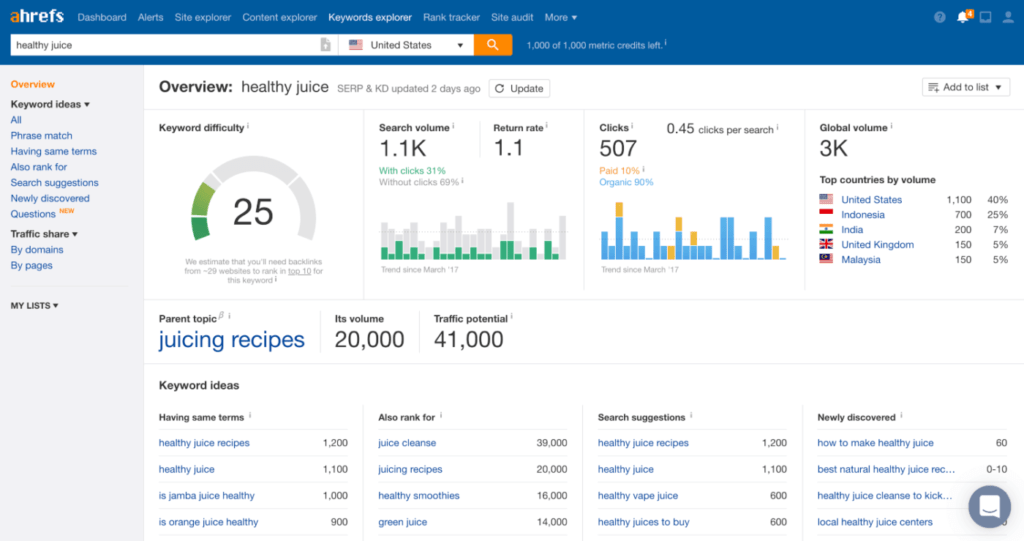
Additionally, we’ll remind you again of how important it is to stick to a consistent content-posting schedule.
Consistency helps your content’s visibility on social media channels as well as helps your audience stay regularly engaged.
It’s a good practice to create a content calendar to plan your posts in advance and ensure that your content is varied and engaging.
8. Monetize Your Content
Once you’ve started to get the ball rolling with your content and your audience is growing, it’s time to start thinking of how you can monetize your efforts.
Content creators earn money in a variety of ways, as we discussed earlier, including sponsored content, affiliate marketing, ads, product sales, and more.
One key factor fo finding success is to create multiple streams of income and diversify your revenue sources.
For example, we have monetized blogs with a combination of:
- Course sales
- Affiliate marketing
- eBook sales
- Ads
- Sponsored posts
It’s a good idea to focus on one or two ways to be your primary bread and butter, but continue to test out other ideas to see what your audience responds to.
9. Collaborate with Other Creators
Collaborating with other content creators can help expand your reach and introduce you to new audiences.
It also allows for cross-promotion and can lead to new business opportunities.
When collaborating, make sure you choose creators who align with your values and niche.
You can collaborate in various ways, such as:
- Guest posting on other blogs or websites
- Collaborating on a joint product or service
- Hosting a giveaway together
Remember to have clear communication and expectations when collaborating to ensure a successful partnership.
You’ll also need a solid media kit on your website so that sponsors and other collaborators can learn more about what you can offer.
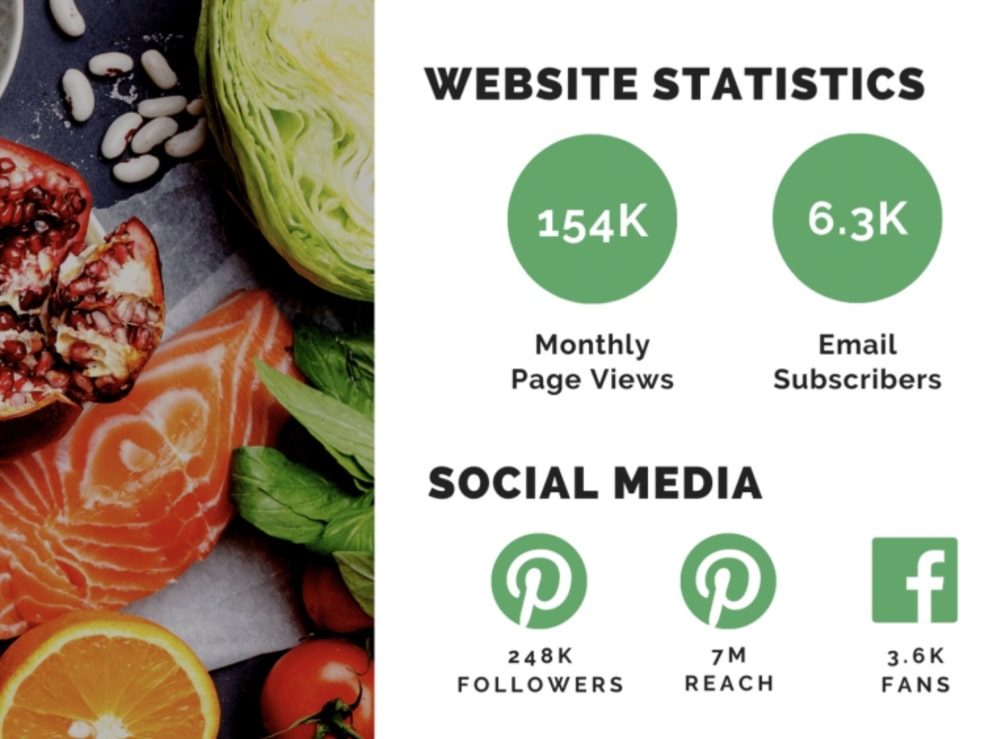
10. Continuously Learn and Adapt
The digital content creation landscape is always evolving, so it’s important to continuously educate yourself and adapt your strategies.
Stay up-to-date with industry trends, experiment with different formats and platforms, and ask for feedback from your audience.
Make sure to check your analytics often and use it as a guide to adjust your strategies and decisions.
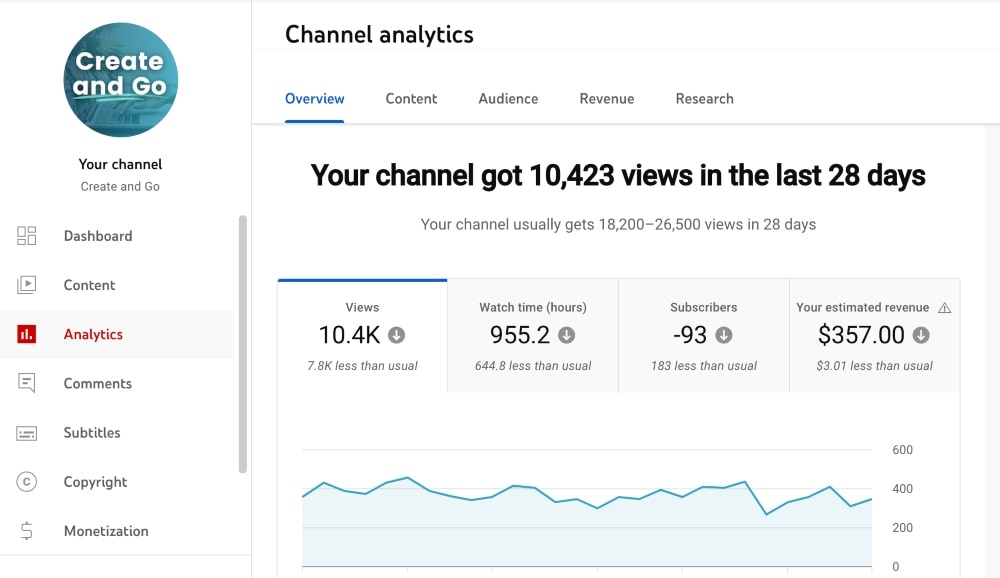
By carefully monitoring metrics such as engagement rates, page views, follower growth, and bounce rates, you can gain invaluable insights into what works and what doesn’t for your audience.
This data-driven approach allows you to fine-tune your content and promotional strategies, optimizing them for maximum impact and reach.
It also helps to continue to take courses and learn new strategies to test out in your business.
Being a great content creator is an ongoing process of trial and error and adjustments!
FAQs About Content Creators
Key Takeaways for Content Creators
Content creation is an exciting and ever-changing field that offers endless possibilities for creativity and business growth.
From the inception of an idea to its realization, content creators play a pivotal role in shaping the content that we consume and how we consume it.
A strategic content creator informs, entertains, educates, and inspires through valuable content.
To thrive in this field, it is crucial for content creators to:
- choose the right niche and audience to target,
- choose the right platform to promote their content,
- create a strategic content plan,
- publish high-quality content consistently,
- engage with their audience,
- diversify their income streams,
- collaborate with others to gain more exposure,
- and continuously learn and adapt new strategies.
It’s not just about having the technical skills to know what to do but also possessing a deep understanding of your audience and their needs to know how to present the content.
This understanding, coupled with creativity and adaptability, is the key to creating content that resonates with your audience and stands out in the crowded digital space.
I hoped that we helped you understand not only what is a content creator but also how to they use content marketing to make a living online.
While the journey of a content creator can be challenging and certainly isn’t for everyone, it is also immensely rewarding.
“Content creation” is the art of crafting and curating engaging and valuable stuff you share with the world. It’s like being a master chef in the digital kitchen, whipping up mouthwatering dishes that leave your audience drooling for more. Think of it as a way to connect with your tribe, whether they’re avid readers, video junkies, or podcast enthusiasts.
But here’s the thing. Social media content creation isn’t just about throwing together a bunch of random words or slapping up any old video. It’s about creating something that resonates, sparks joy in your audience, and keeps them coming back for seconds, thirds, and maybe even fourths!